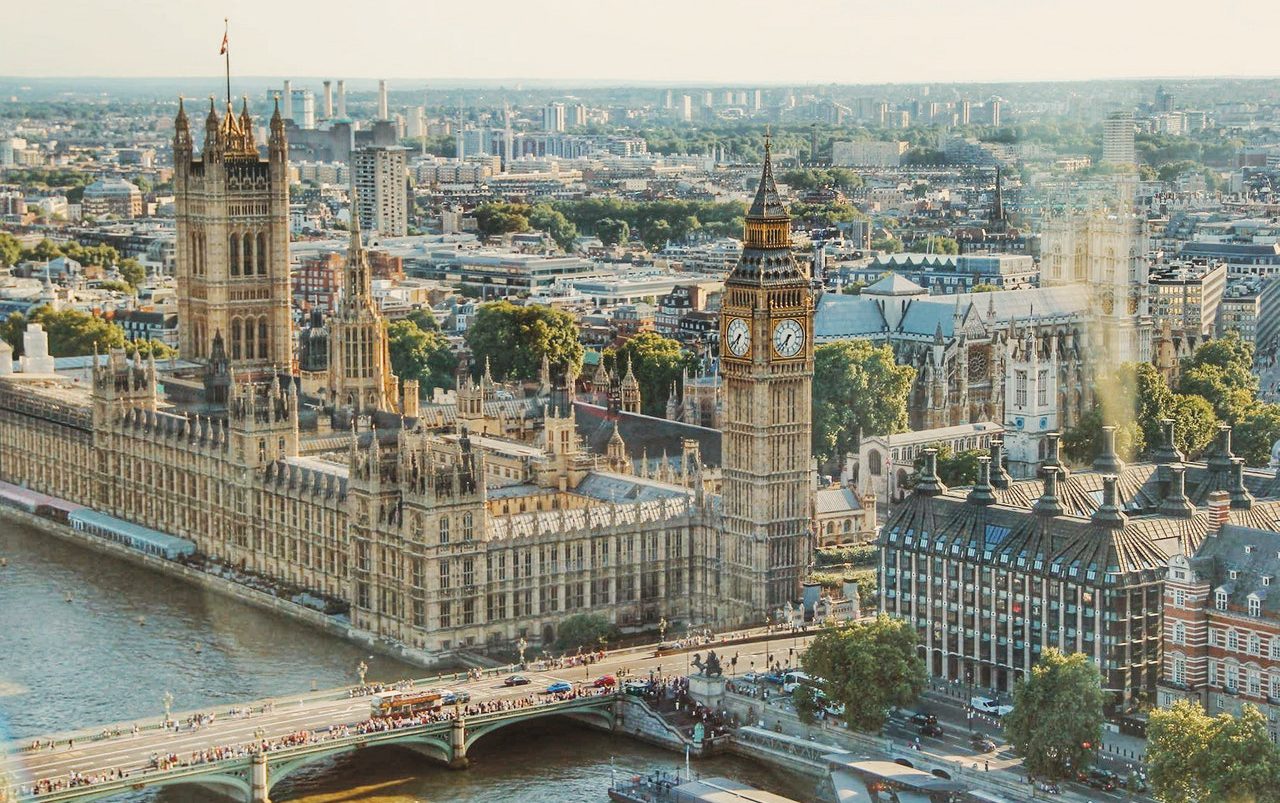The United Kingdom is set to elect a new government on Thursday (today) after a snap election was called by Prime Minister Rishi Sunak in May.
The election is strongly expected to result in a change in government for the world’s sixth largest economy, with the centre-left Labour Party forecast to sweep into power and bring an end to 14 years of Conservative Party rule.
Major issues for voters include the economy, the National Health Service (NHS), immigration and housing.
Labour has pledged to build 1.5 million new homes in a bid to tackle a housing crisis that has put home ownership out of reach for a generation of youths, contributing to the UK’s unenviable position as the developed nation with the highest rate of homelessness.
It has also promised to increase healthcare staff to try and bring waiting times under control.
On immigration – a major factor in the Conservative-led Brexit – there is widespread dissatisfaction with the way asylum seeker applications are managed, with the hard right Reform UK, led by Nigel Farage, pledging to clamp down and strengthen the UK’s borders.
The biggest issue remains the economy. A decade of stagnant wage growth and spiralling costs – most notably in the last few years amidst an inflation crisis – has left Britons feeling worse off than before.
According to the Organisation for Economic Cooperation and Development, around 30 per cent of British children are now growing up in poverty.
Labour Party leader Keir Starmer is hoping to capitalise on the dissatisfaction with the current government to win a large outright majority and avoid having to enter a coalition with smaller parties like the Greens or the Liberal Democrats – an unlikely scenario given Labour’s strong polling.
Whether his party will be able to turn around what many view as a society in decline, however, remains to be seen.
WeTransfer to train AI on user files
This includes any kind of file, from films, photos, artworks, sensitive information and so on
Malta’s dramatic increase in cost of living: visualised
Price levels rising from 84 per cent to 93 per cent of the EU average
Malta’s contemporary Japanese restaurant Aki to launch in London this September
The London venue is a Grade II-listed former bank, a stone’s throw from Oxford Circus






